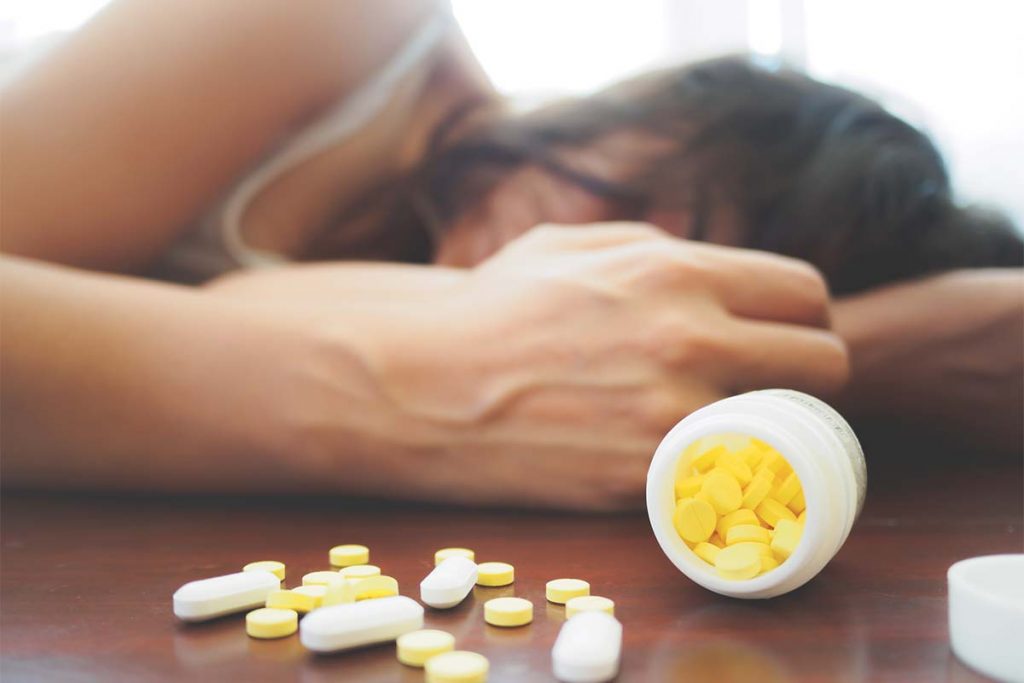Substance addiction changes how the brain works and how a person behaves. When someone is addicted to drugs or alcohol, they are unable to stop even when they are aware that it is unhealthy. If treatment for drug abuse started as soon as the first signs showed up, more serious problems could be avoided.
Addictive substances such as heroin and cocaine are not the only ones. Alcohol, cigarettes, sleeping pills, and anti-anxiety meds are all legal drugs that can lead to addiction.
Opioid addiction can arise, whether the drugs are used legitimately or illegally. This problem has spread to the point where it is nearly equal to an epidemic in the United States. Opioids were responsible for 63% of all drug overdose deaths in 2018.
Some people start using drugs because they appreciate the way they make them feel. You may tell yourself that the frequency and amount of use are entirely up to you. Long-term drug use, on the other hand, can affect how the brain functions. These physical changes may be permanent. They make it difficult to think properly and may lead to dangerous actions.
Cognitive Impact
People’s brains store memories of positive experiences, which are then repeated. As a result, you feel compelled to keep doing things.
Substances that can lead to addiction stimulate the reward pathways in the brain. They accomplish this by infusing the brain with a huge amount of the chemical dopamine. It pleases both the intellect and the body. To keep the high going, you must keep taking the chemical.
Your brain will ultimately acclimate to the increased dopamine levels. It may be necessary to use the same amount of the chemical as before to achieve the same result. The same might be said for food and spending time with people you care about, things you may no longer enjoy.
Long-term drug use changes multiple chemical networks and pathways in the brain, according to researchers. They could attack you in the following ways:
- Judgment
- Decision-making
- Memory
- Ability to learn new skills
When these irrational thoughts and feelings come together, you might be tempted to try different medications.
Seeking Help
If your drug use is becoming problematic or out of control, consult your doctor.
Addiction recovery can be a time-consuming procedure. Currently, there is no cure for addiction. Leading rehabilitation facilities, such as Adventist rehab center, can help you quit drugs and stay clean by providing specialized psychotherapy and behavioral modification. You may receive both therapy and medication as part of your treatment plan. Consult with your doctor about the best course of action.

